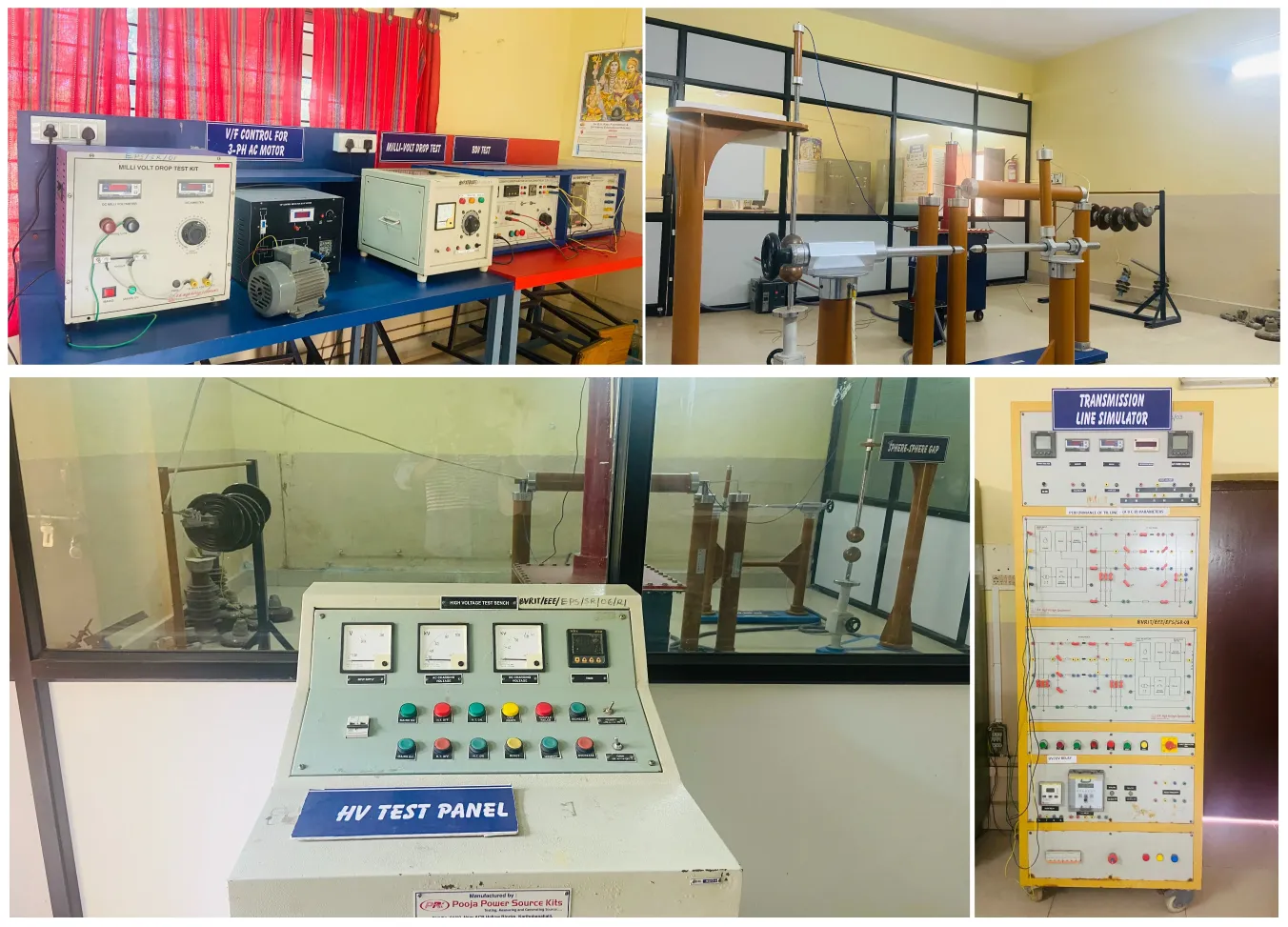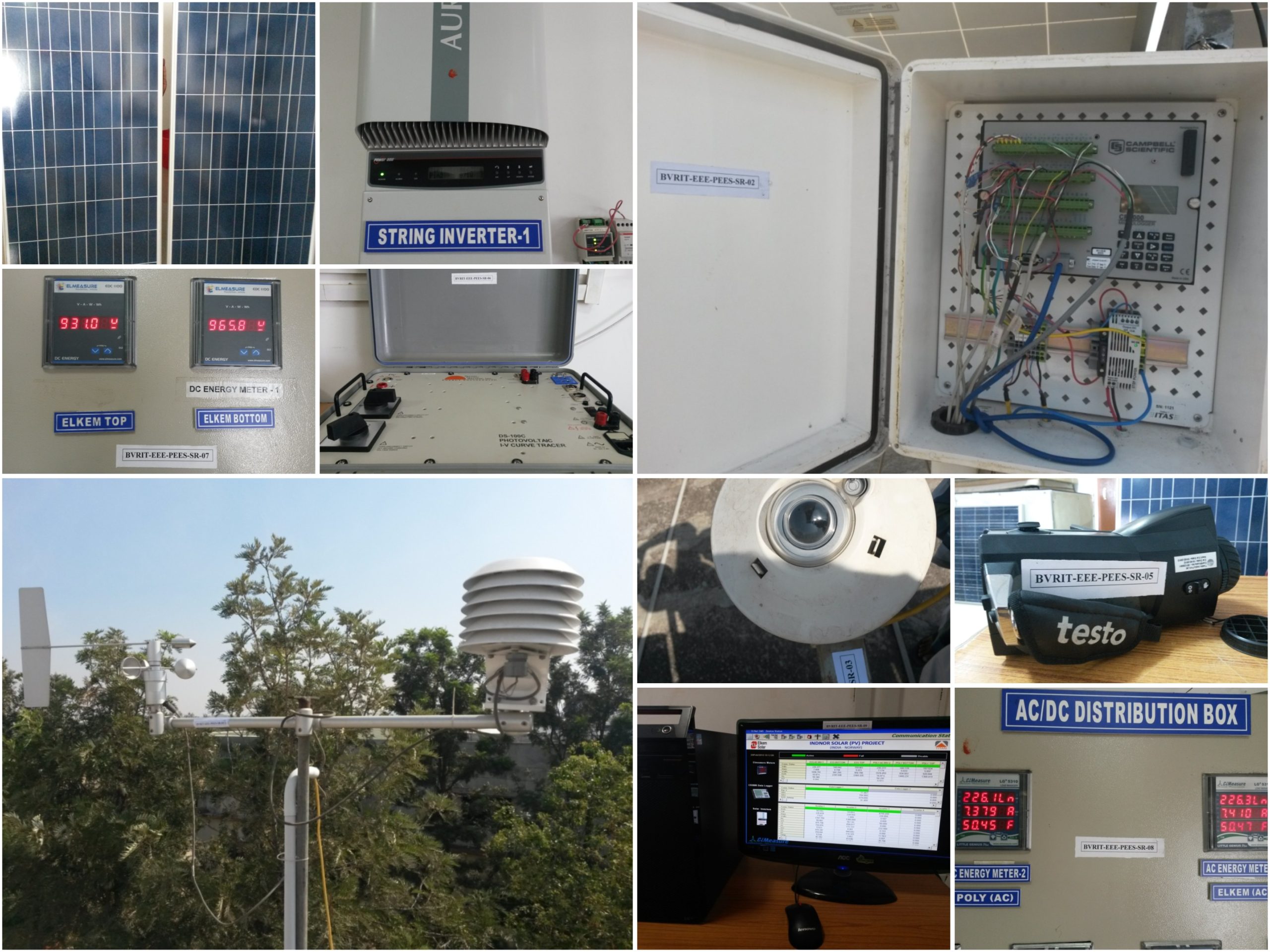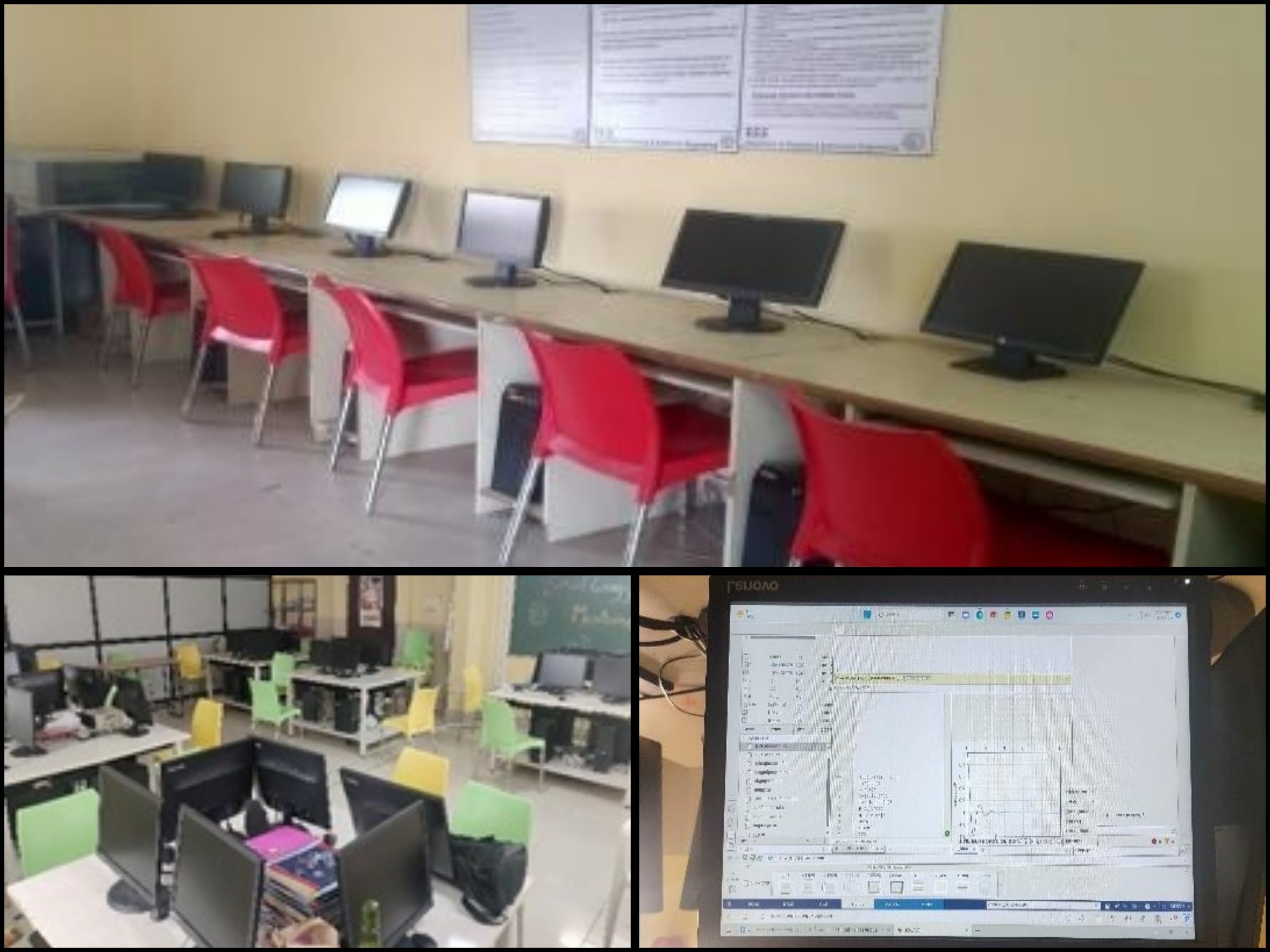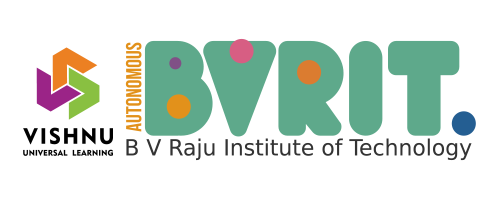PG:

Electrical machines and power system are the back bone of electrical engineering and play a vital role in industry. It is therefore essential that students of Electrical Engineering should have a proper background in these areas.
This Laboratory course enables the students to:
- Conduct an experiment on to measure sequence impedances of alternator and transformer[L3]
- Calculate the fault currents on alternator and transmission lines[L3].
- Experiment on breakdown characteristics of sphere-sphere and rod-rod gap [L3]
- Experiment on breakdown characteristics of sphere-sphere and rod-rod gap [L3]
- Determine the IDMT relay characteristics [L3].
Equipment:
Power Systems Laboratory is equipped with an electrical power transmission training system, a protective relay application training system, AC and DC machines (DC motors, synchronous motors and induction motors), a distribution transformer trainer and a power quality analyzer. It is used for teaching basic and advanced concepts in power system generation, transmission and distribution, and training in power quality analysis. The lab is equipped with power quality analysis of electrical distribution systems for conducting tests. It is also used for power system modeling and analysis and power quality for research in this area.
The lab is primarily used for teaching power system basic and advance modeling; transformers, transmission lines and generation; distribution network and fault analysis; protective relays characteristics and schematics; and power quality analysis.
Faculty In-charge: K Mahesh, Assoc Prof, EEE.

The Solar PV Systems laboratory provides training for students in fundamental and applied research associated with the development and optimization of new solar energy technologies.
Equipment:
Laboratory is equipped with I-V Curve Tracer, Single Phase String Inverter, Pyranometers , Data Logger (micro logger), Testo IR Camera System, 3-Cup Anemometer, Wind Speed & Direction, RTD, AC & DC Energy Meters , Solar PV Modules, Web based s/w for data-logging etc.,
Faculty In-charge: N Ramchander, Assoc Prof, EEE.

Power system analysis and Simulation lab is a computer model that mimics the operation of a real or proposed Power Engineering system. Simulation tool helps in validating the ideas and new concepts which born’s in an engineer’s mind which seeks for solution to a problem. Sophisticated Computer programs are used in Laboratory for the purpose of analysis.
This Laboratory course enables the students to
- To learn the simulation program on formation of Ybus and Zbus.
- To know the simulation program for load flow solution methods.
- To know the simulation program on contingency and security analysis.
- To know the simulation on steady state and transient state stability of infinite connected bus bar.
- To learn the simulation of reliability of the power system network.
Equipment:
This lab houses 18 Lenovo Desktops with a Configuration of Core i3 processor, 8GB RAM, 1TB HDD with access to MATLAB Software Campus-Wide License.
Faculty In-charge: Dr.S Saravanan, Professor, EEE.
Artificial Intelligence Lab is well established and fully equipped with computers. It provides a wide approach in programming and enables to apply knowledge in latest computer algorithms, Compiler Design, and Artificial Intelligence.
This Laboratory course enables the students to:
- Develop a program Artificial Neural Network programming in MATLAB (L4)
- Implement the program on Fuzzy Logic Controller using MATLAB (L4)
- Conduct the programs using Genetic Algorithms to power system (L3)
- Develop the program application to power flow analysis & contingency analysis(L4)
- Develop a program on plant scheduling programs using ANN, FLC & GA (L4)
Equipment:
This lab houses 18 Lenovo Desktops with a Configuration of 8GB RAM, 1 TB HDD with access to MATLAB Software Campus-Wide License.
Faculty In-charge: Dr. K Sainadh Singh, Assoc. Prof – EEE & Assoc. Dean (IQAC).










